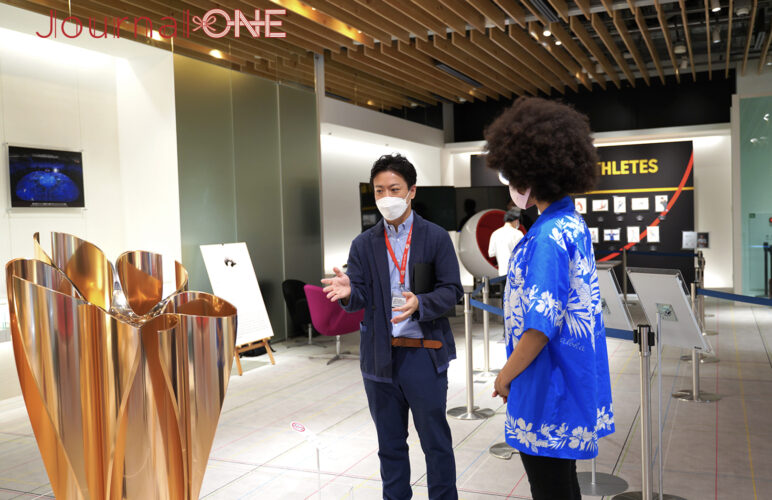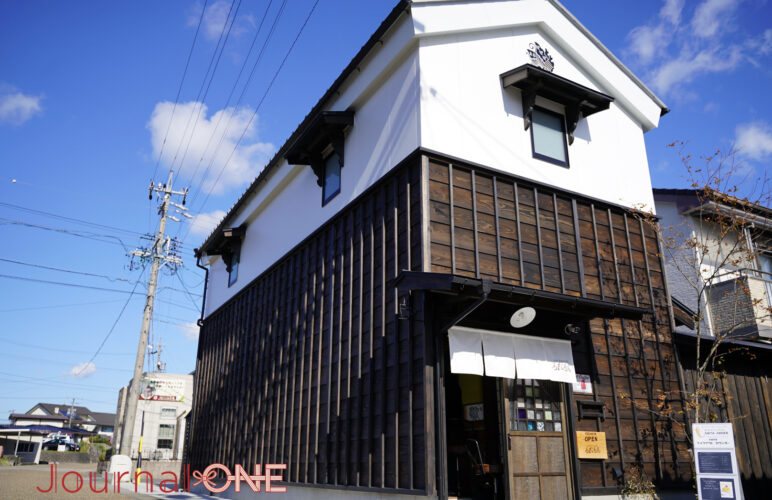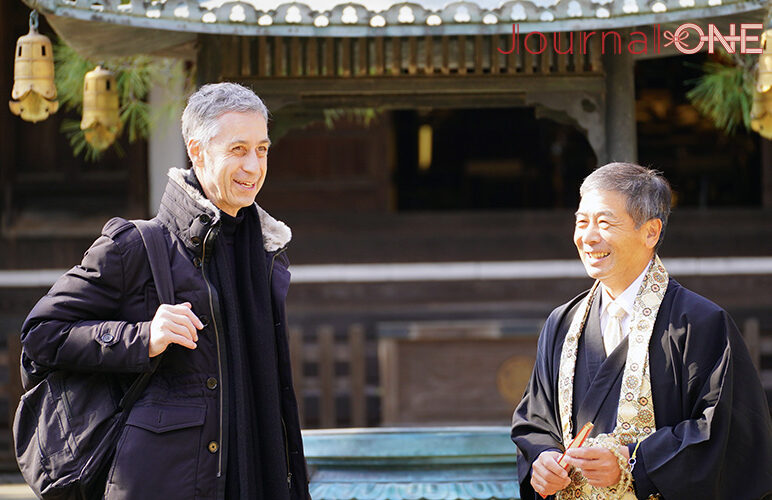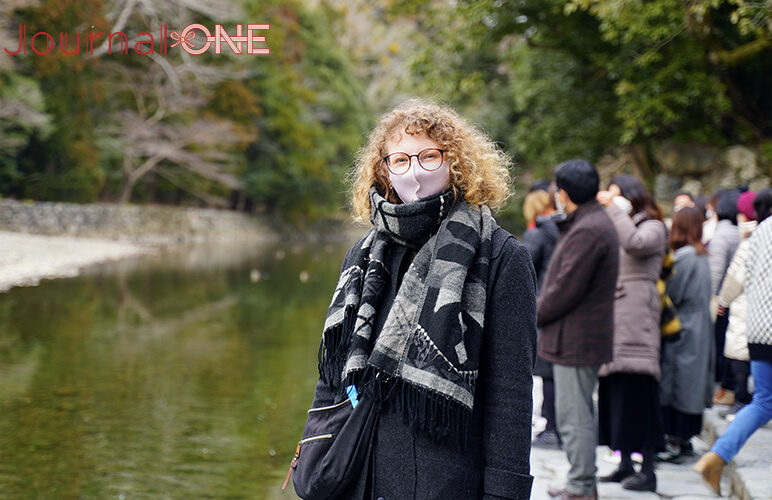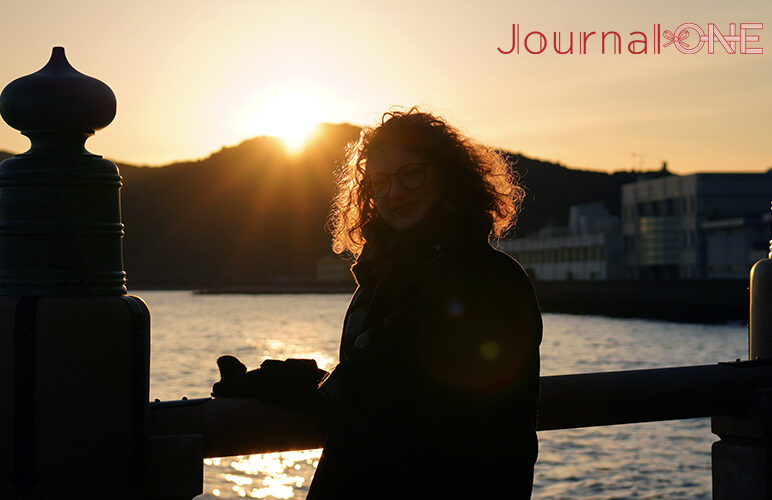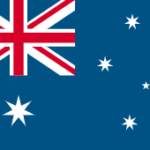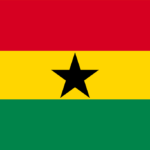International sport events such as Rugby World Cup 2019 and Tokyo 2020 Olympic and Paralympic Games not only made sports cultures develop, but also left behind many legacies.
Many sports communities are working hard to overcome difficulties related to COVID-19 and to use the legacy to overcome the challenges facing society and create a better future.
2023 is being looked forward to due to the numerous large international conventions of different sports being held.
Journal-ONE has planned special interviews with key persons of different sports.
For our very first interview, we will be talking to Mr. Haruki Uemura, president of Kodokan, the headquarter of Judo, as well as an Olympic gold medalist.
Interviewer: Sumio ATSUCHI (Journal-ONE chief editor President, JR TOKAI AGENCY CO., LTD)
The legacy of the Tokyo 2020 Olympics
-Japanese representatives of the Tokyo 2020 Olympics were truly aspiring. Of course, the 12 medals: 9 gold, 2 silver and one bronze, are things that cannot be forgotten, but the athletes giving their all to each and every game was what moved the emotions of countless people including myself.
In contrast, I’m sure that all judo officials had a hard time dealing with irregular situations related to COVID-19.
First of all, what were some of the legacies of the Tokyo 2020 Olympics that Judo community received? –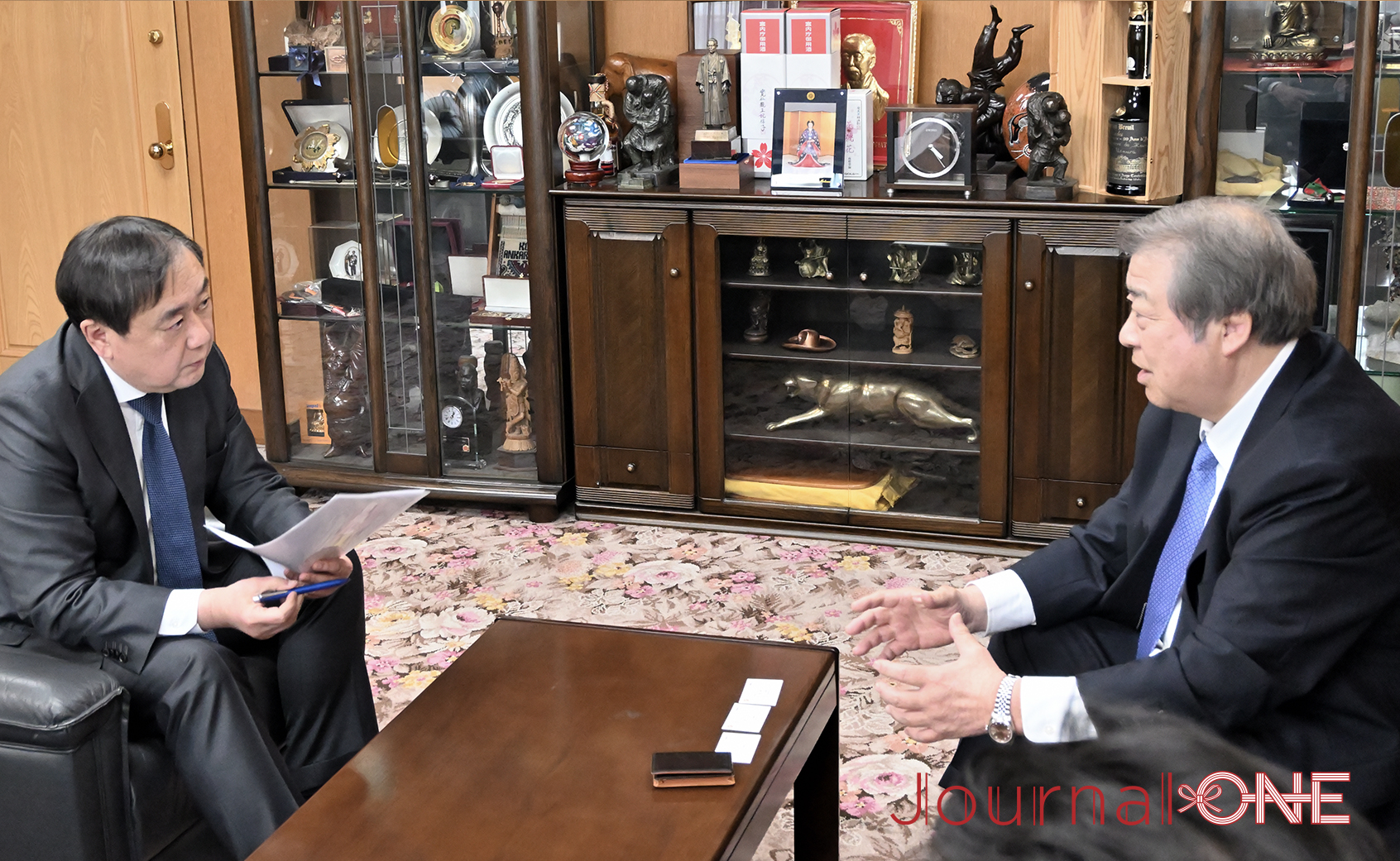
Jigoro Kano Shihan, the founder of Kodokan, made the Japan Sport Association to enable the participation of Japan in Stockholm 1912 Olympics, and is called “The father of sports in Japan”.
Men’s Judo became an official Olympic sport at Tokyo 1964 Olympics and later on became extremely popular in both inside and outside of Japan. Therefore, it is said that Judo and Olympics have a deep relationship.
In many sport conventions such as the Olympics, athletes and the audience make an exciting atmosphere together. However, in Tokyo 2020 Olympics, spectators could not enter the venues. Many Japanese athletes thrived in Tokyo 2020 Olympics including Judo athletes, but I think many people found it disappointing due to not being able to view it in person.
Until Tokyo 2020 Olympics, although there had been Olympics that had been cancelled, there were never any Olympics that had been postponed. After being able to safely end Tokyo 2020 Olympics that had been postponed for the first time in the history of Olympics, I was appreciated for holding Olympics by many people around the world.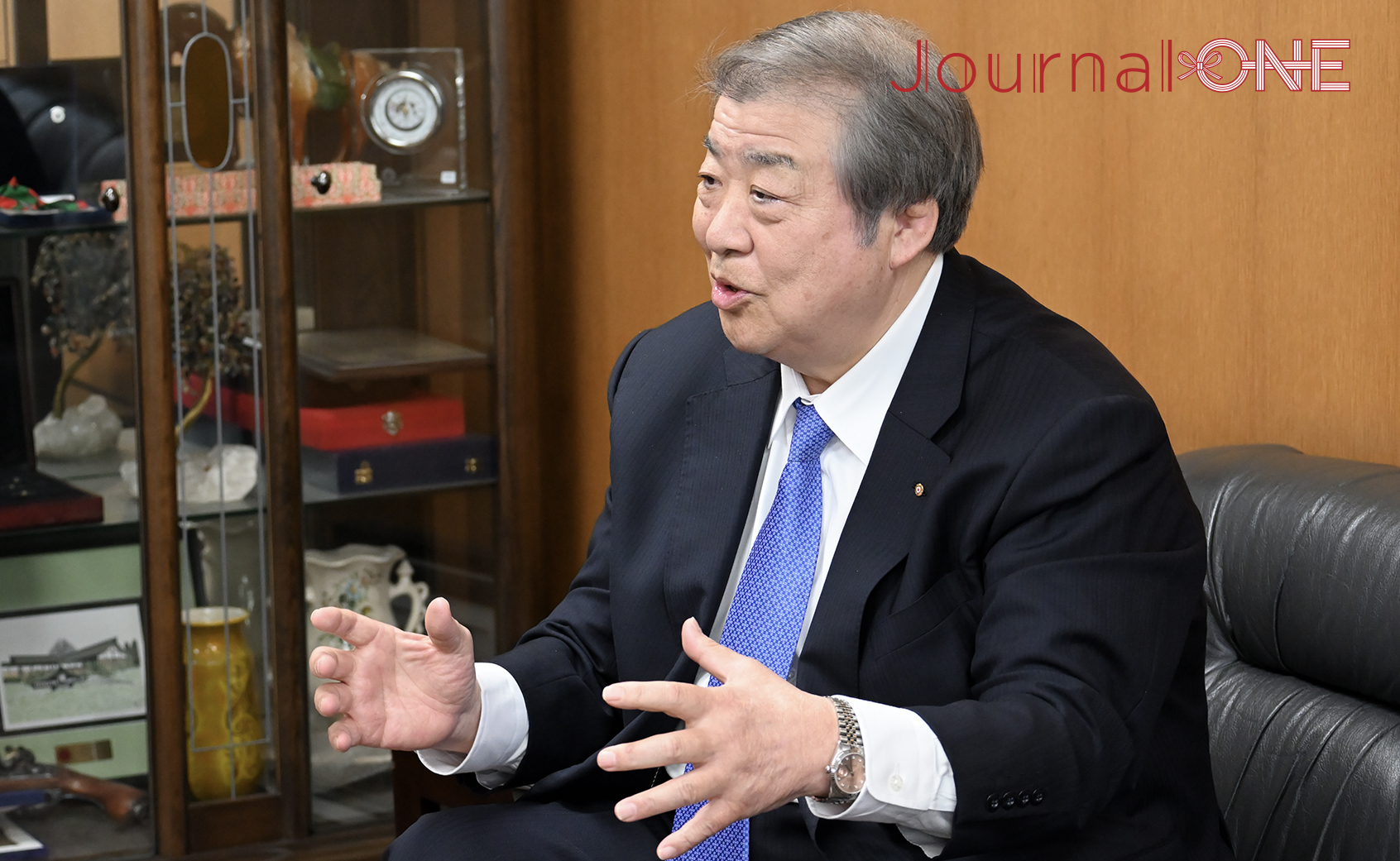
During the Tokyo 2020 Olympics, I stayed in The Olympic and Paralympic Village. (Context: Mr. Uemura was the Olympic and Paralympic Village Mayor, so during that time, he stayed at the village and greeted the athletes) Usually, after matches and games, athletes gather after going back to the Olympic Village. There, the athletes would interact with each other and take a step towards world peace, but this time, it was not possible.
Even in the disappointment that they all had, the athletes took PCR tests every day, tried hard to interact with the least people possible, and followed the guidelines of the Olympics, and thanks to them, the Olympics could be held.
Like COVID-19, no one knows what is going to happen in the future. People shared their knowledge, and worked together to overcome COVID-19. I think the confidence of having been able to hold the Olympics safely is the legacy that the Olympics gave to people around the world.
Judo as a sport, Judo as a martial art
-When people refer to Judo in international conventions such as the Olympics, I find that All Japan Judo Federation is a word that comes up frequently. What are the differences of the roles that Kodokan and All Japan Judo Federation have? –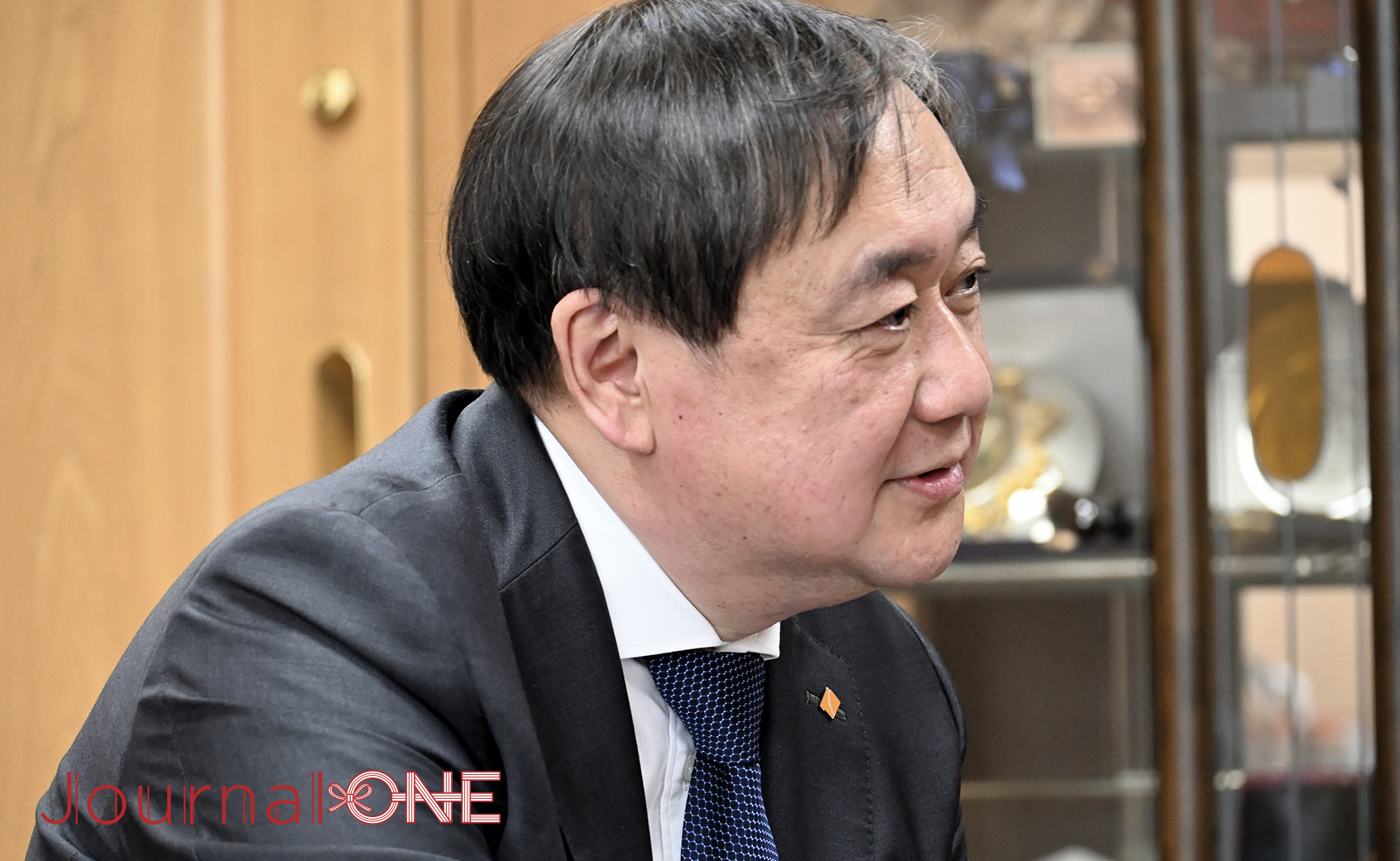
All Japan Judo Federation is an athletic organization. It has the role of holding tournaments, and promoting as well as popularizing Judo by increasing its competitiveness. On the other hand, Kodokan is an educational research institution that promotes human resource development through Judo worldwide. It has the responsibility of promoting judo correctly in and out of Japan, and to teach judo correctly to future generations.
Therefore, many researches are done in Kodokan. For example, there are 100 Kodokan Judo techniques and Kodokan was responsible for the unification of each of their names. In the Olympics, a professional from Kodokan names the winning tricks of all the tournaments.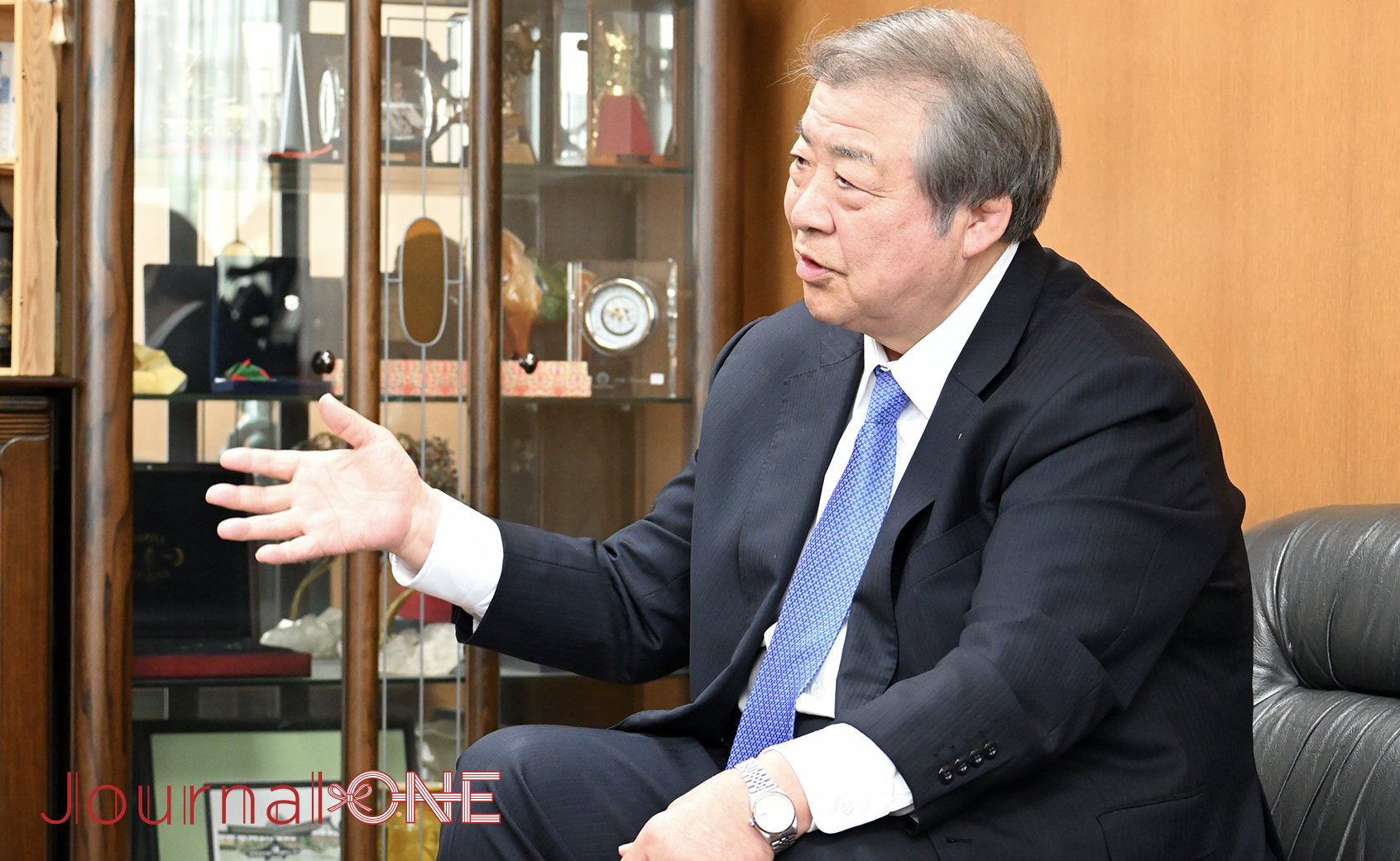
Judo was originated in Kodokan, but now the culture of the sport is widely known all over the world. I wish for Kodokan to be a place where people get together to practice Judo, and to interact with each other. Judo which was born in Kodokan, has been popularized so much that now organizations and committees are being made in numerous countries.
The official name of judo is “Nippon-Den-Kodokan-Judo”, abbreviated to “Kodokan judo”, and even more abbreviated to “Judo”. In the first article of the agreement by International Judo Federation, there is a sentence that says, “Judo is what was founded by Kano Jigoro Shihan.” Now, that fact is obvious due to Judo being known by many people around the world, so statements like this are often abbreviated.
People around the world often say, “Kodokan is similar to Vatican (the general headquarters of the roman catholic church)”
The system of an issue getting sent to Kodokan to be discussed about, and the decision shared to associations around the world is the reason to why it is said Kodokan is similar to Vatican.
-We get to know a lot about “Judo as a sport”, but we don’t have many opportunities to learn about “Judo as a martial art”. Please tell us about the fascinating points about “Judo as a martial art”. –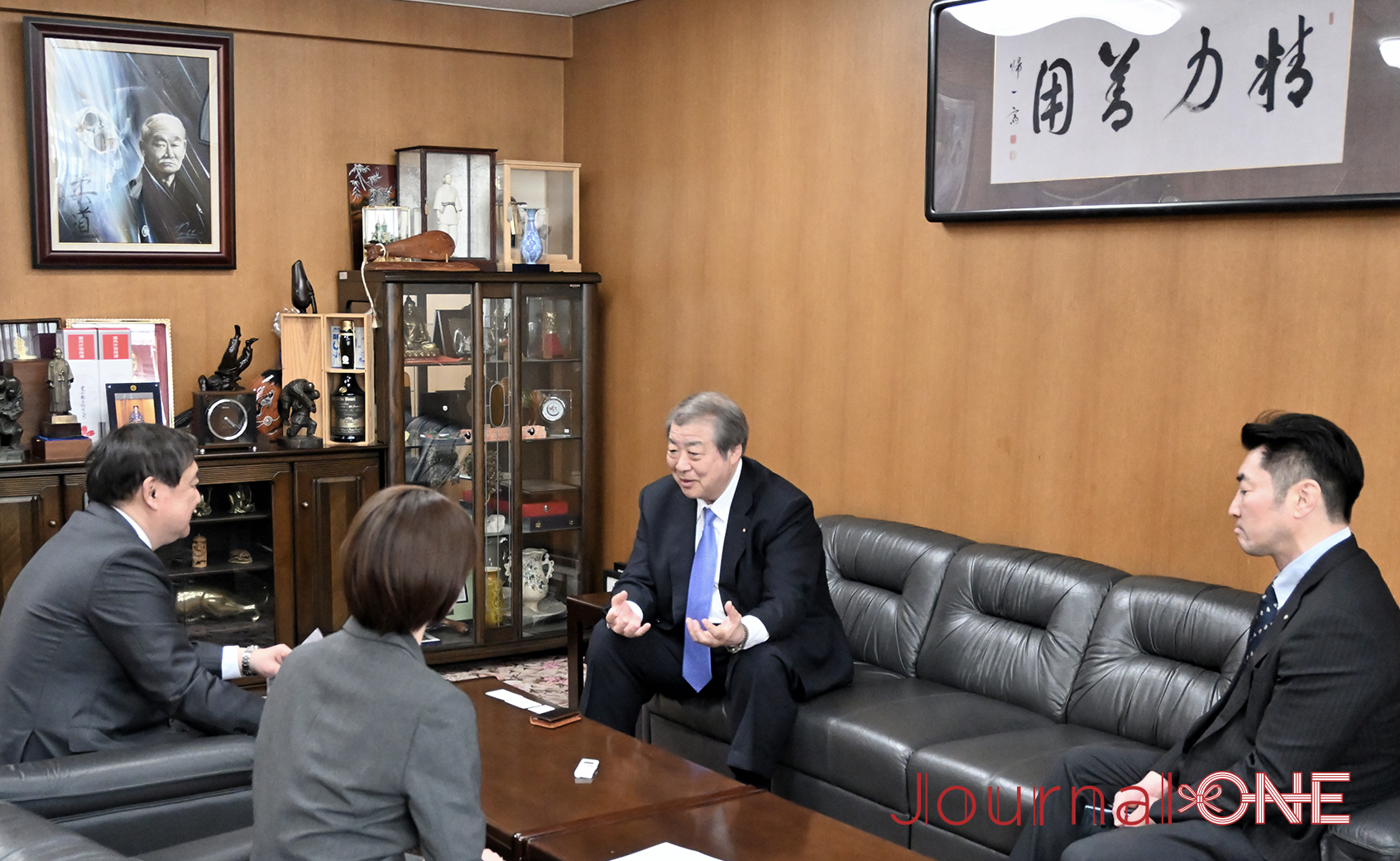
I have been asked by a French person which was given the letter “Do (道)” first; Judo (柔道), or Martial arts (武道). It is said that after Kano Shihan named “Judo”, to perfect a field, that can also be described as “from Jutsu (skill) to Do (field)”. Martial arts was named “Budo (武道)”, and fencing “Kendo (剣道)”.
Also, there is the word “Bushido” but it is written in Mr. Nitobe Inazo’s book that it refers to Japanese values that are explained to foreigners such as “do not be dishonest” and “follow rules”, so it is different from the master-servant relationship in samurai society also known as “Bushido”.
Sometimes, Judo is included in words like “Budo” and “Bushido”, but Judo can only be referred to as Judo. Kendo and Aikido are the same, and cannot be put together under the word “Budo” and “Bushido”.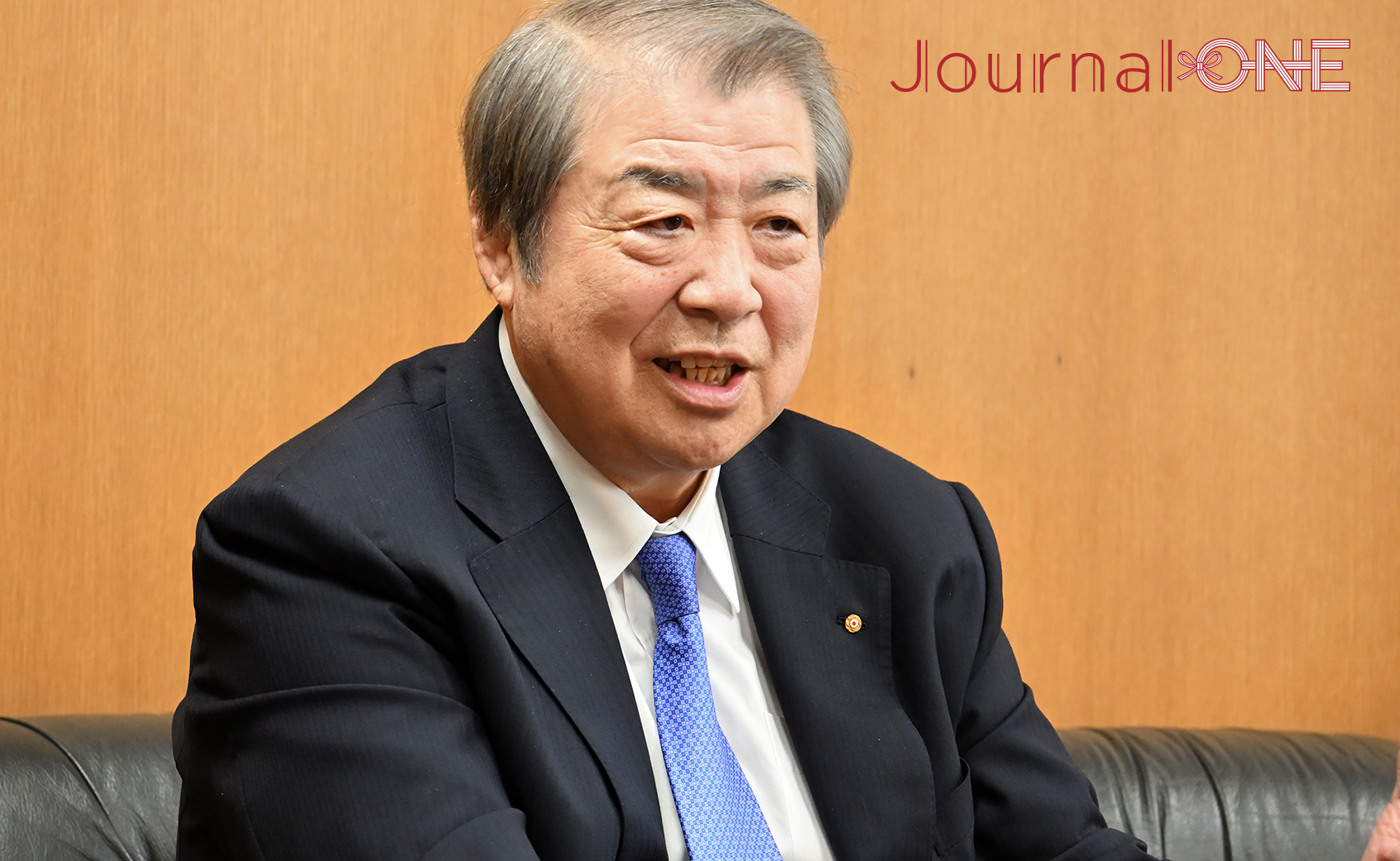
The words “from Jutsu (skill) to Do (field)” means not only the simple technique of defeating an opponent but also an educational element. Kano Shihan stated in his teachings, “Judo is the way of using one’s mental and physical strength in the most efficient manner. Through training and practicing techniques for offence and defense, one disciplines and cultivates body and spirit, and thereby masters the essence of this way. Thus, the ultimate goal of judo is to strive for personal perfection by means of this and to benefit the world.”
In short, it shows the way to become a good citizen of the world by building character through the practice of Judo.
These teachings are shortened into the words “Seiryoku-Zenyo” and “Jita-Kyouei”.
A pioneer of globalization, judo’s international activities
-The founder of Judo, Kano Jigoro Shihan worked hard to promote the globalization of sports in Japan such as founding the Japan Sport Association and popularizing Judo worldwide. Are actions like these being done by Kodokan nowadays too? –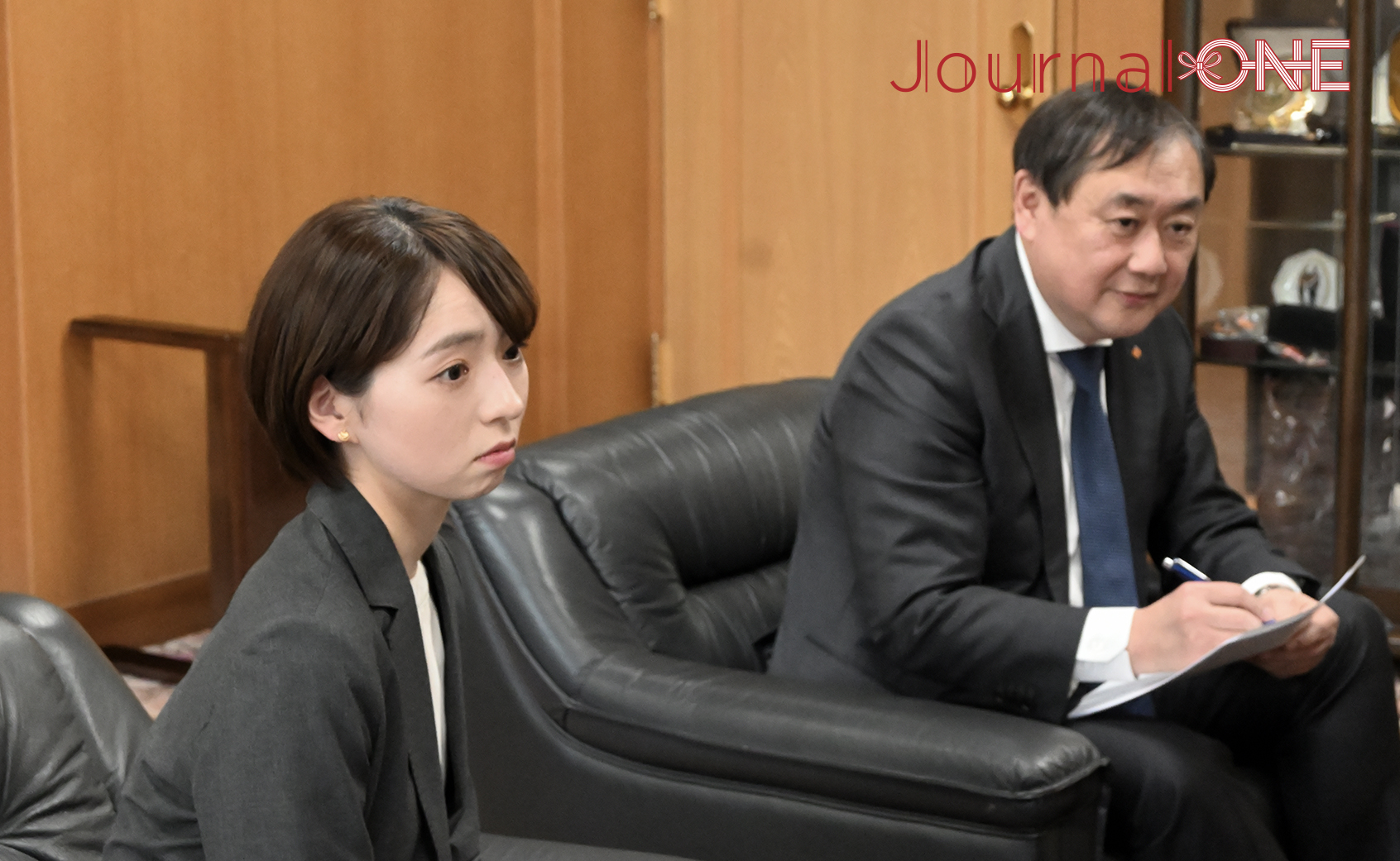
Yes, they are. Since Kano Shihan thought “judo is a good sport”, he traveled around Europe to promote judo just 7 years after he founded Kodokan.
-Thinking about it, I do have an impression of judo being popular in countries in France. Is it influenced by the fact that Kano Shihan promoted judo early on in Europe? –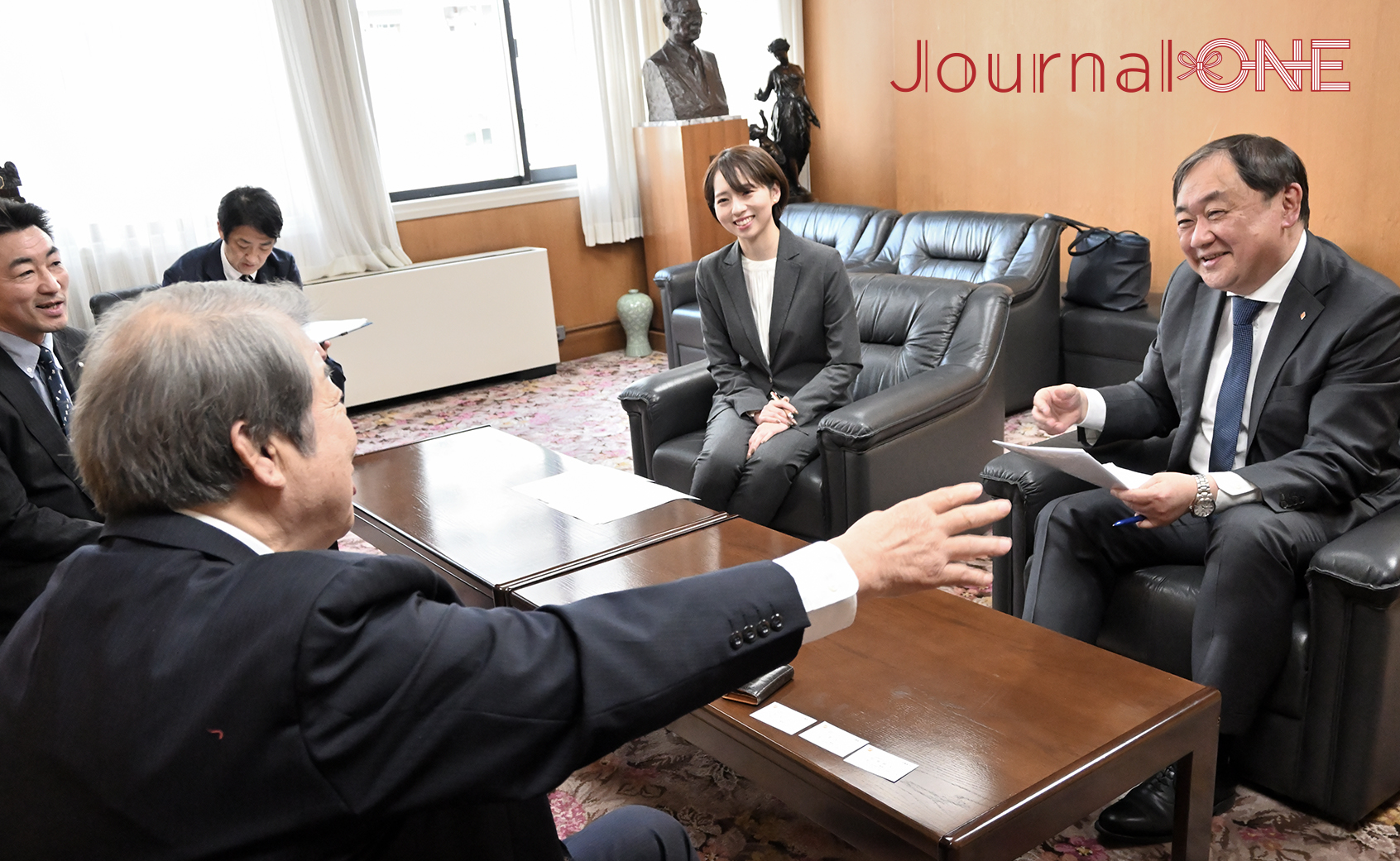
If we look at the number of people who have signed up on the list of Judo athletes, it can be said that there are more people in France than in Japan. There are 175,000 people signed up in All Japan Judo Federation list, and 560,000 people signed up in French Judo Federation, but French Judo Federation requires all people to sign up before starting the sport whereas in Japan, it is optional.
To show you some different statistics, there have been 2,300,000 people who have taken lessons at Kodokan in the past, and there are about 1,700,000 Dan Holders. There are also children who have not signed up yet, as well as junior high schoolers and high schoolers who learn Judo in school.
Although the statistics show that Judo is more popular in Japan, it cannot be denied that French and Brazilian people really love judo, hence the large number of people signed up. There are also many people who come to the place of origin of Judo: Kodokan.
The professional football club Paris Saint-Germain FC that visited Japan in July 2022, came to Kodokan to experience Judo. Kylian Mbappe wore the Judo uniform and participated in the experience. He also made me a uniform for me to keep as a memory.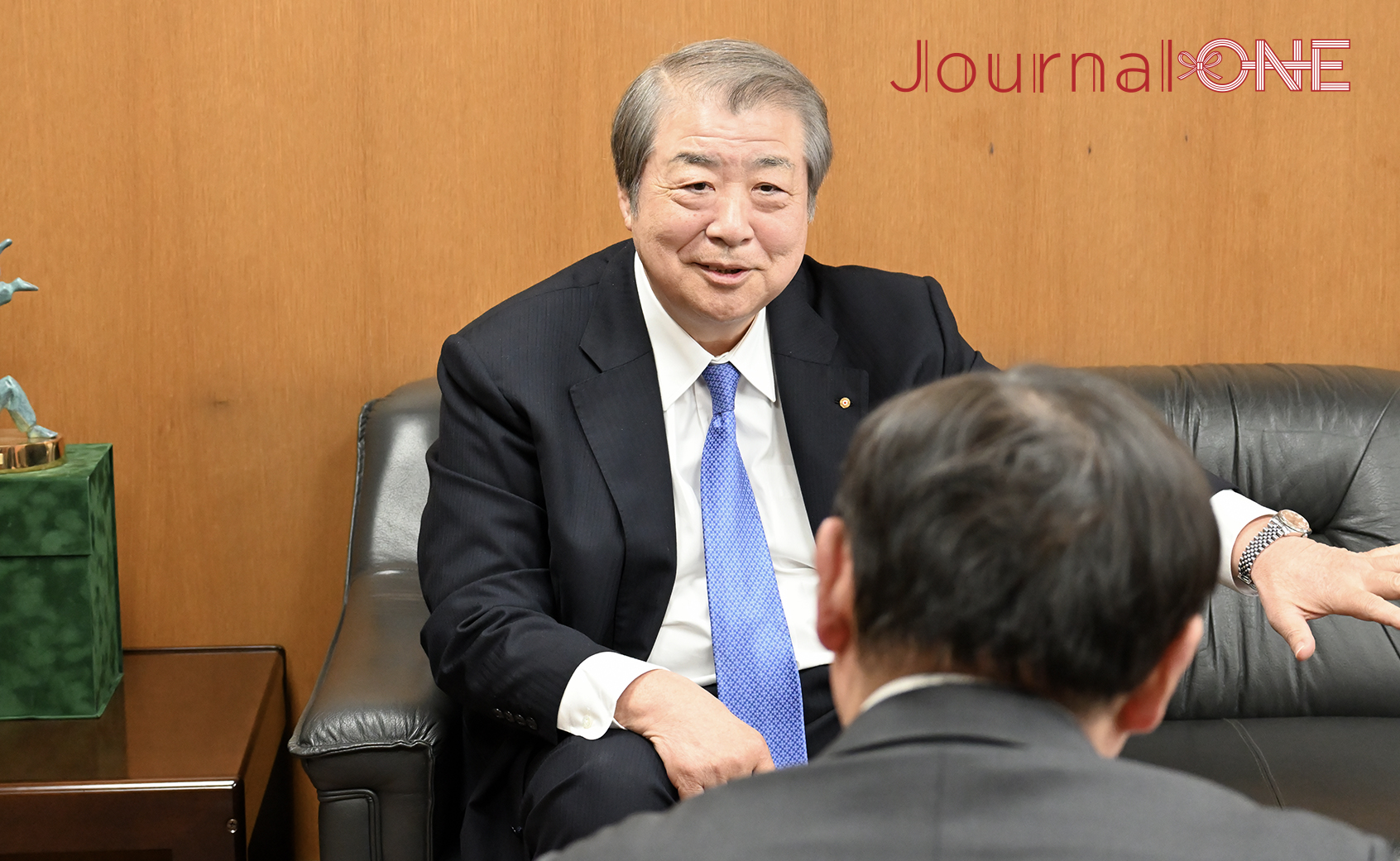
-Why do you think Judo is so popular all around the world? –
I think that Kano Shihan’s way of thinking, “all sports are education” is the biggest reason. In the past, when Kano Shihan was asked to become an
International Olympic Committee(IOC) member by Baron Pierre Coubertin, Kano Shihan accepted the favor, but why? This is probably because the goal of the Olympics and Judo are the same. Olympism is a philosophy of life, exalting and combining in a balanced whole the qualities of body, will and mind. Blending sport with culture and education, Olympism seeks to create a way of life based on the joy of effort, the educational value of good example, social responsibility and the respect for universal fundamental ethical principles.
The goal of Olympism is to place sport at the service of the harmonious development of humankind, with a view to promoting a peaceful society concerned with the preservation of human dignity. This matches with the spirit of Judo, which is the story behind why Kano Shihan accepted to be the first Asian IOC member.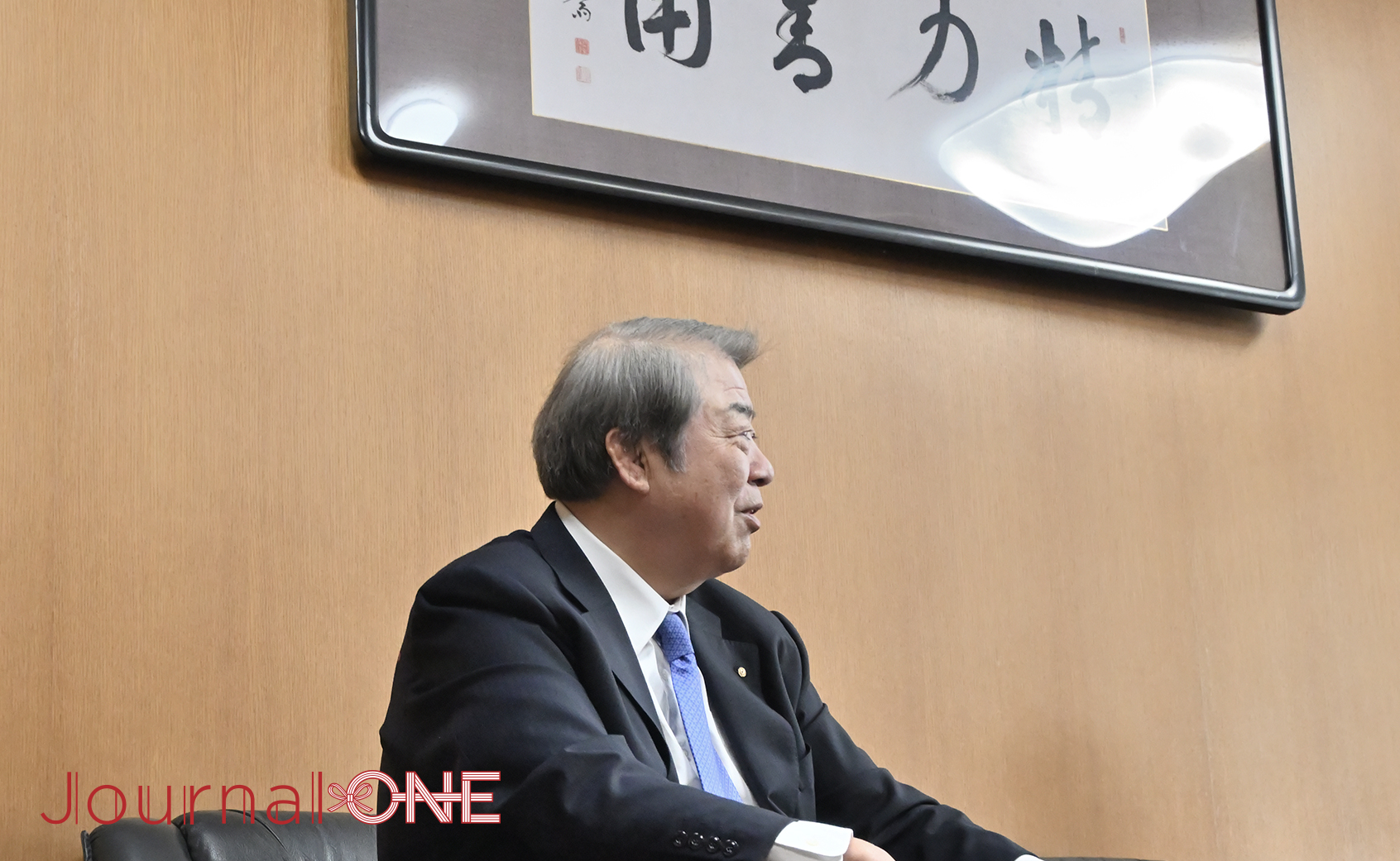
The true goal of sports is to enjoy, but also to play fair just like how the word sportsmanship means. It is an opportunity to learn to not go against the rules or hurt others.
In the past, society made sure to teach children lessons. If a child behaved badly, a neighbor would tell them off. Nowadays, as the bond of people in a society is weaker, I believe that sports have to be the replacement.
Also, taking a fall is the first think that a person will learn in Judo. They are thought to think about what to do after being thrown; in other words, what to do when they are losing. The reason to this is to protect yourself to not get hurt. I think that this is the thought behind Judo that makes it such a popular sport.
-I have heard that there are people around the world visit Japan to learn Judo in Kodokan; the place of origin of judo. –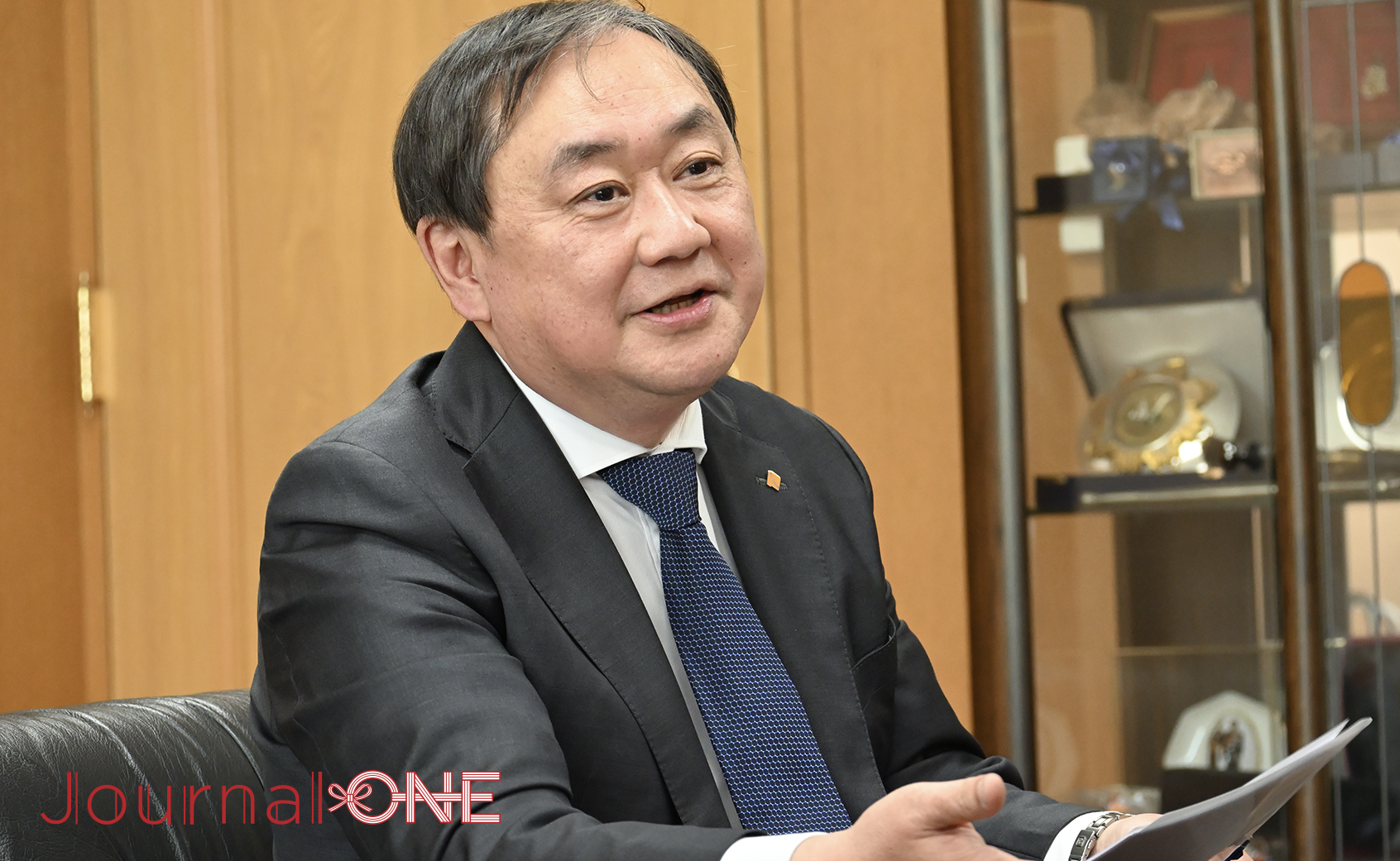
When I was an active judo athlete, athletes from around the world came to Kodokan to reinforce their skills. However, currently, not only athletes but teachers, elderly judo lovers and children come to Kodokan.
People who want to know more about judo, or want to learn more about Judo come to Kodokan. Perhaps knowledge about judo is getting known more worldwide, which makes me very happy.
In Judo, you must bow. Especially at Kodokan, we bow while kneeling. At the beginning and at the end of our lessons, we bow to Kano Shihan, Judo teachers, and the people who are taking lessons with you.
For Japanese people, bowing shows respect and appreciation and is a natural action. However, a student from abroad said that they did not want to bow due to religious reasons.
I responded with, “bowing in judo does not represent subjection. Judo can be an aggressive sport, and sometimes we can hurt others by accident. By bowing, we can show respect to each other.” After explaining the real reason to why we bow, they understood and accepted to bow.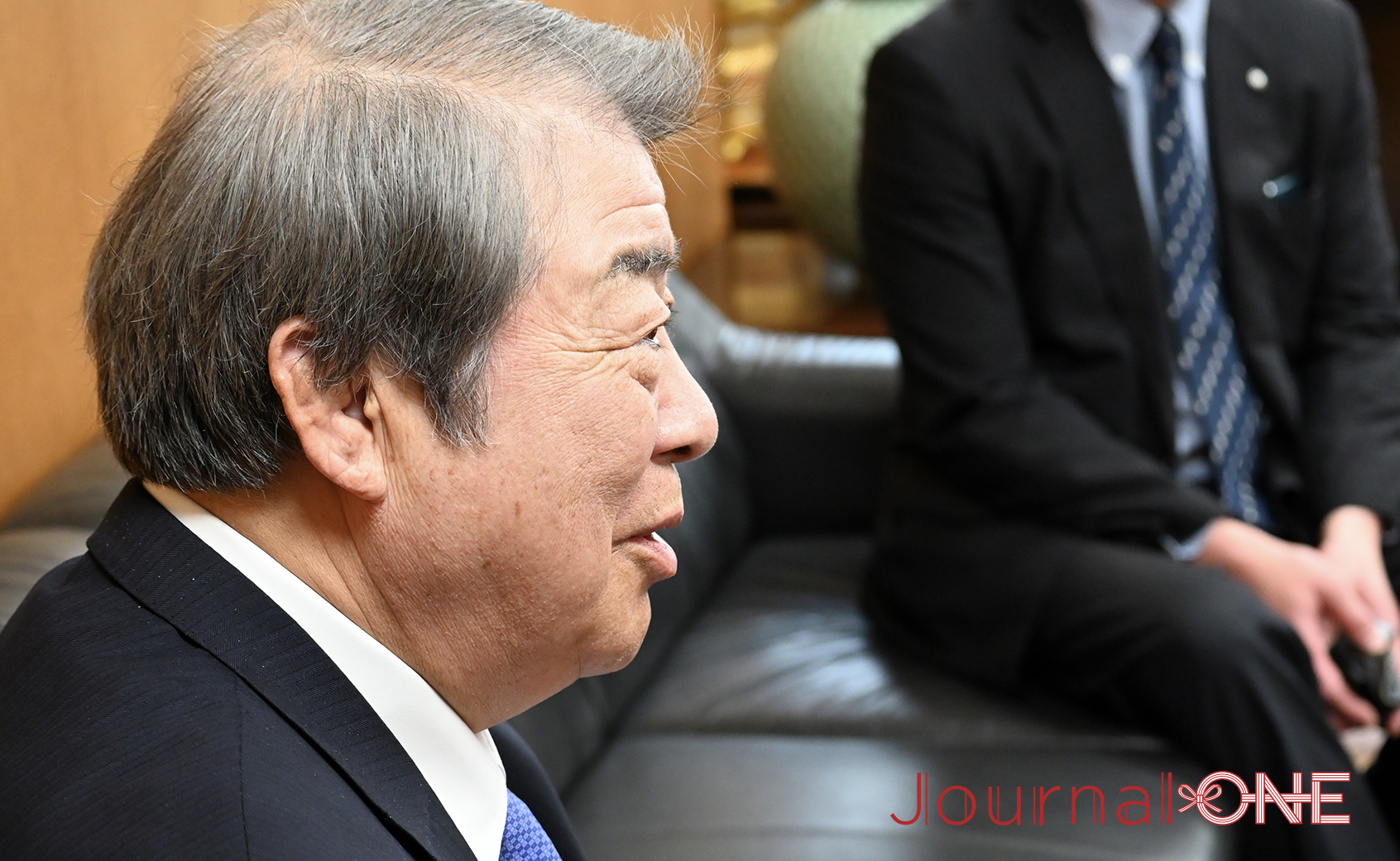
Like this example, we, as in Kodokan, have to explain the meanings behind Judo accurately.
We must study hard to understand different cultures to teach Judo. I still learn many new things, and talk about them with my co-workers.
Kano Shihan talked about judo having four ways to teach and learn Judo: forms, free practice, lectures, and discussions. We learn the basic elements of Judo in forms, put them to use in free practice, widen our knowledge in lectures, and ask and answer questions in discussions. I do feel sorry for the people who have to do discussions with me since I am stubborn.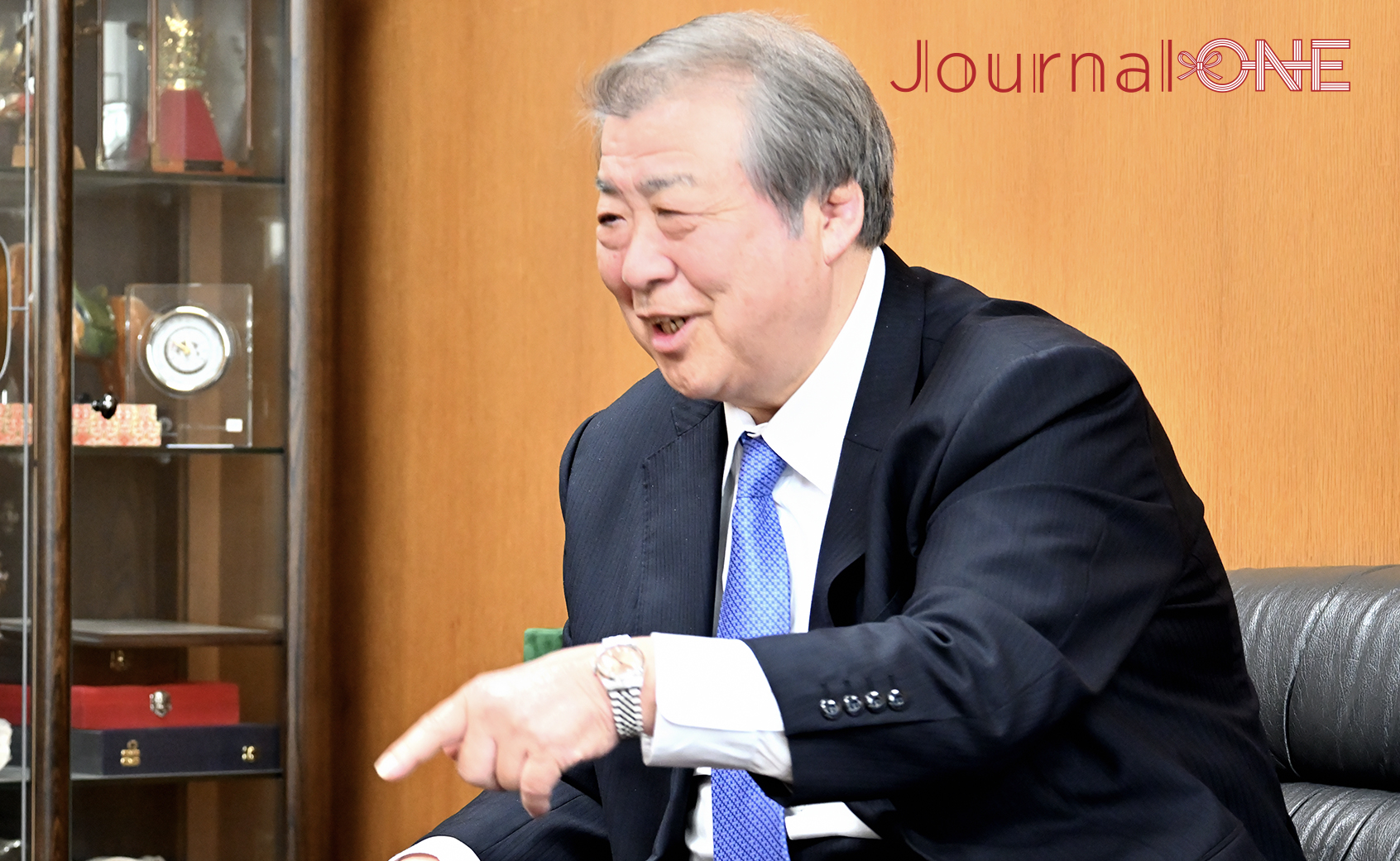
I have quite a lot of chances to talk with people inside and outside of Japan, and I often get told by foreign associations that they want to hire teachers that can hold discussions. Recently, discussions are seen as important and are being held in overseas Judo schools.
Perhaps many people think that I know everything about Judo since I am an Olympic champion (gold medalist in the 1976 Montreal games). However, that is absolutely not the case. I learn every day too. Through discussions, I fill in the little gaps that I have in my knowledge of Judo. Life is and will always be a learning experience.
Everyone is free to learn! Kodokan’s activities to popularize Judo
-Can we, as elderly people learn Judo to live a healthy life? –
There is a term that refers to people who start judo again after a long time away on the sport which is “Judo comeback”, but many people with no experience come to Kodokan to learn Judo. We have a class called school Kodokan that teaches Judo from the white belt level.
There are people who start in their 60s and 70s. they work hard to get their black belt, and cry tears of emotion and happiness when they do so.
There are also women’s classes, kindergarteners’ classes and elementary school classes. People no matter their gender, age or nationality come and learn Judo.
-What is done to promote Judo comeback in areas far from Kodokan? –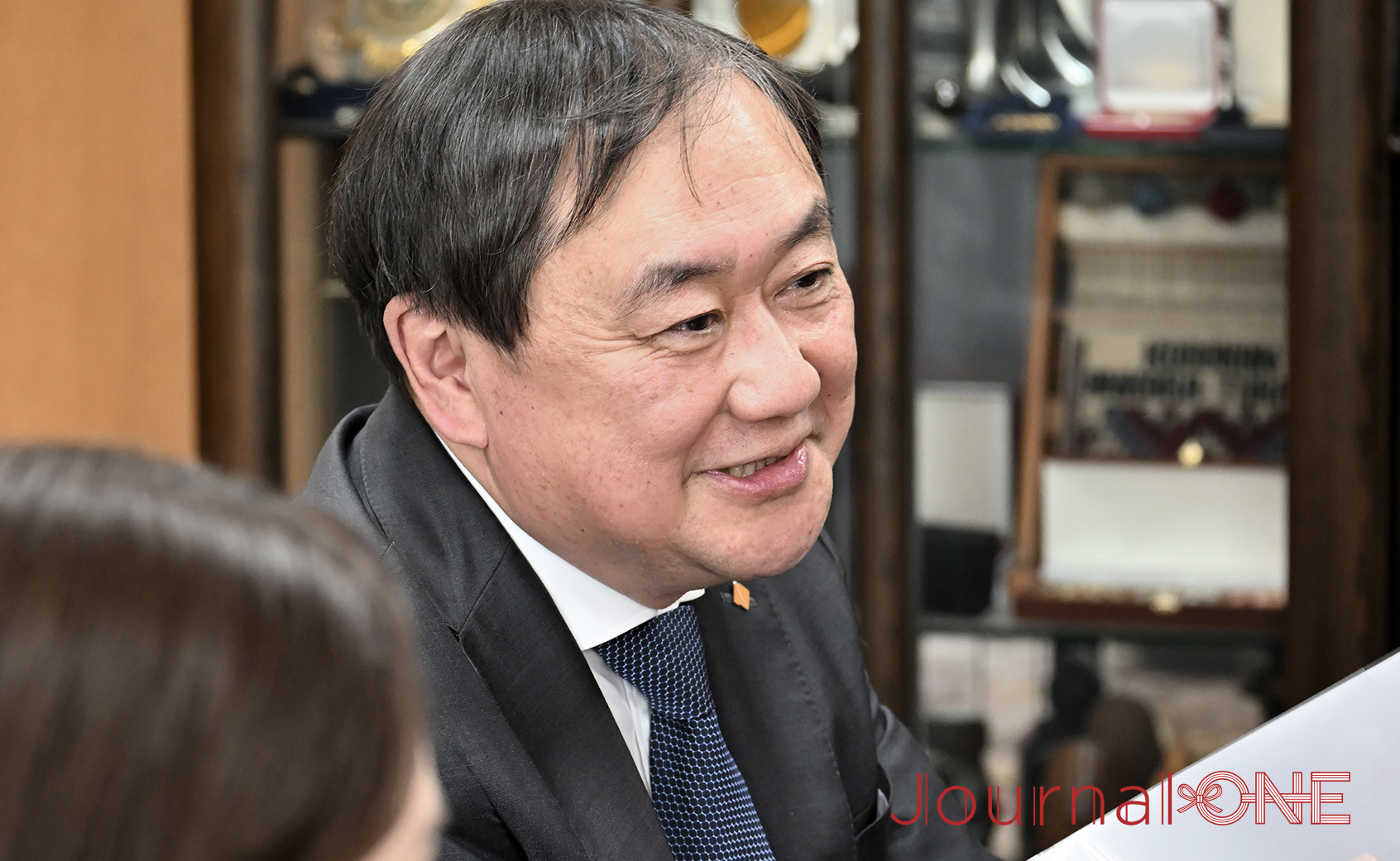
For overseas countries, we created “forms for children” as a favor from the international judo federation. Also new projects such as Judo comeback for health (judo for the elderly, how to trip safely, and rehabilitation with Judo comeback), and rhythmic judo (Judo with dance components for children to take on easily) have been started. We stream videos on YouTube to teach judo without knowing Japanese, and I had an interesting experience while doing so.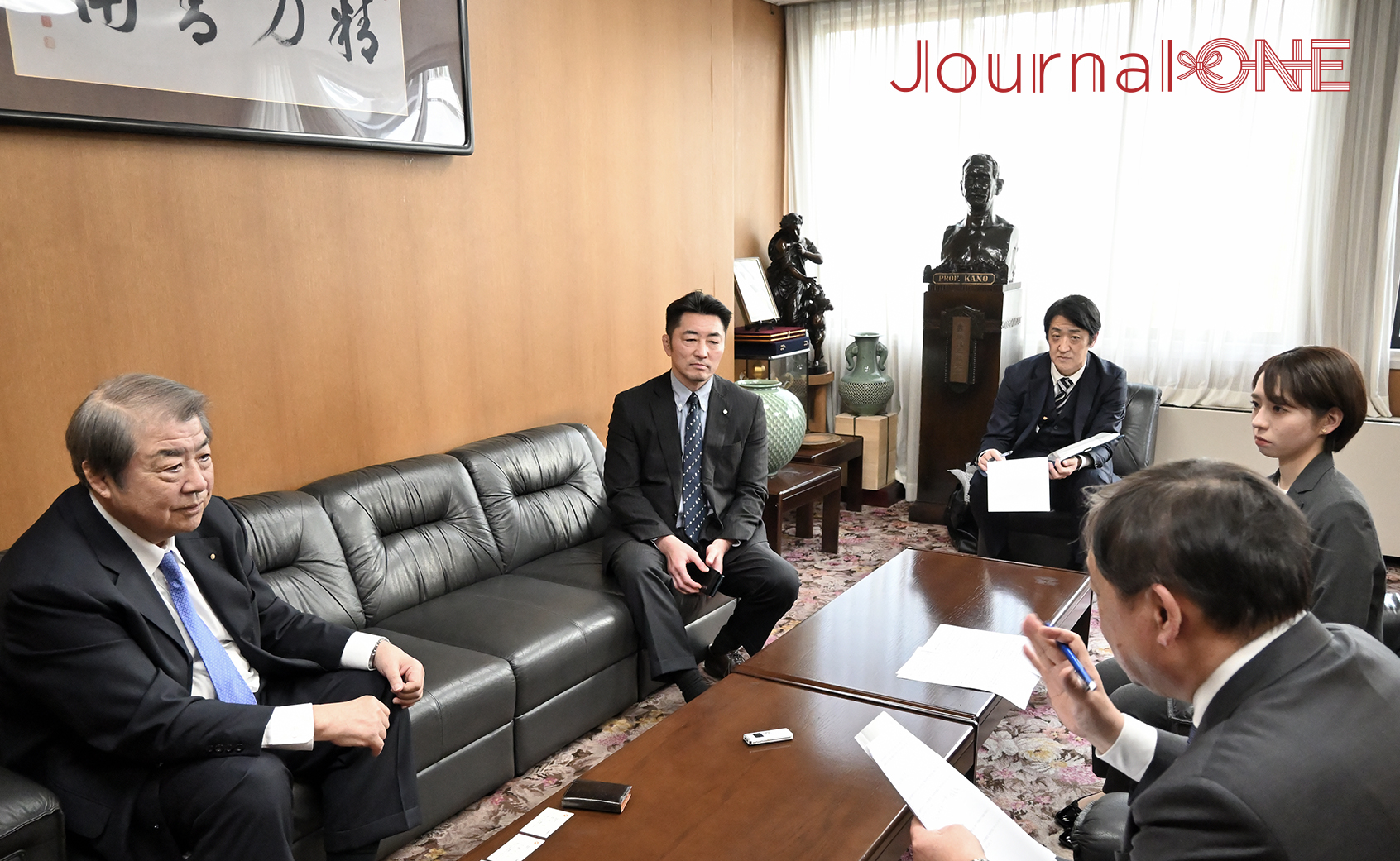
When we were discussing about what to film first, we had a French person request a video on how to take your shoes off and get up on the tatami. There are many countries that do not have the culture of taking their shoes off inside houses.
Hearing this request, I thought, “we need to make videos that explain the basics that seem unnecessary for Japanese people, but are a whole different perspective to others.” We immediately decided to film these kinds of videos.
While filming the way to take your shoes off, I added a video clip of moving my shoes to the side. I explained, “we move our shoes to make space for the next person to take off their shoes. This kind of mindful thinking is important in Judo.” I put the video together, and streamed it to the world.
To “teach and learn with words” is important, but teaching without words and with visual images enables people who don’t understand the language to learn correctly. Also, by transmitting the video online, it can be shared to people all around the world.
Teaching through discussions is becoming popular lately, too. Topics I discussed in Japan can be heard at classes overseas and I think, “huh? They are saying the exact same things as we were saying during our discussion in Japan.”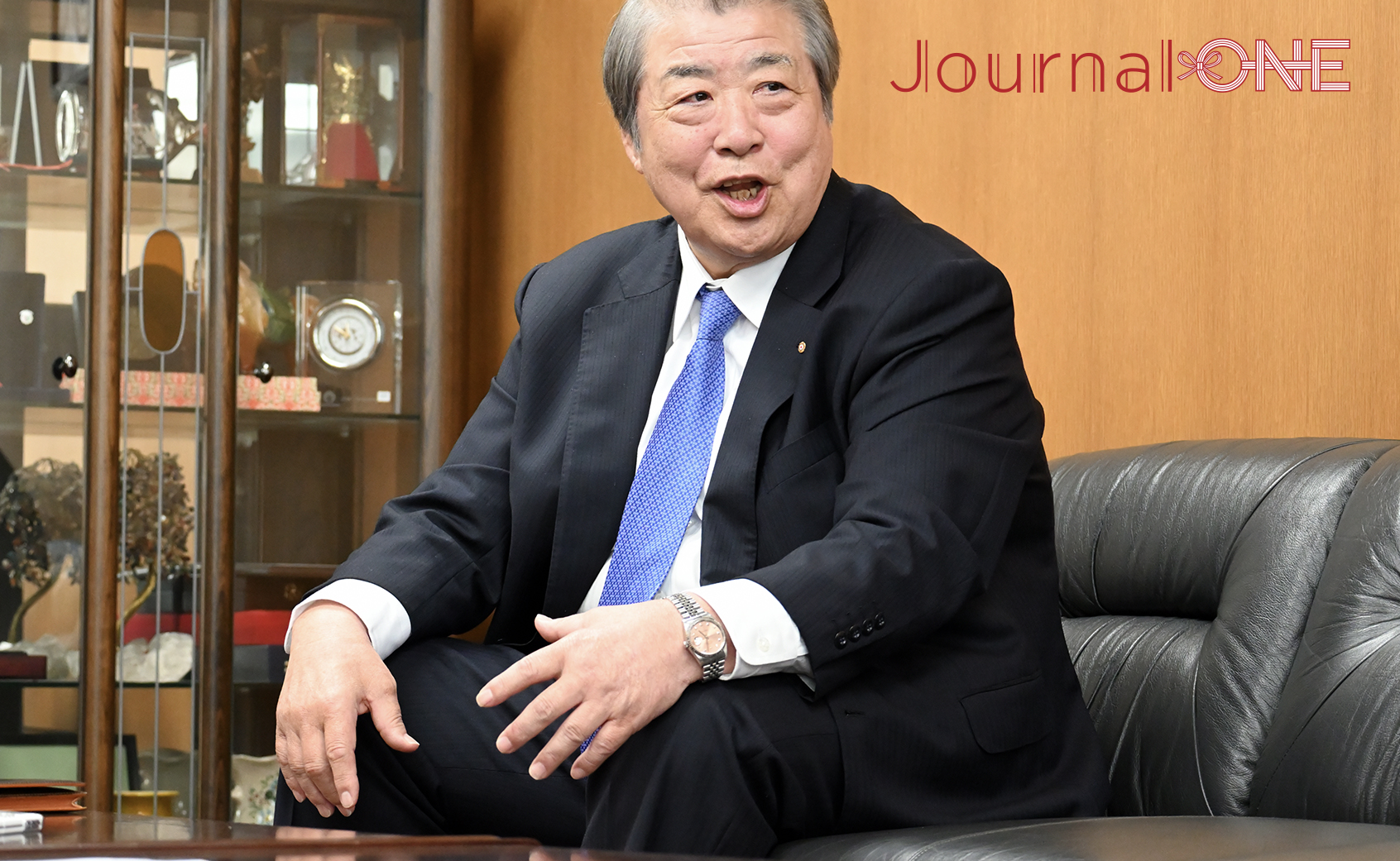
A while ago, scenes of foreign athletes rolling on the tatami in happiness from winning a match, or on the other hand, crying from losing could be seen.
However, after discussing that it is rude to roll on the tatami before bowing to the opponent, or that crying after losing means that there is a lack of self-control, lately, the International Judo Federation is constantly saying that how you act after a match is important, and so these kinds of scenes occur much less.
Sharing the teachings of judo through videos and teaching cultures and manners through discussions makes me feel that the promotion of judo is being done even in places far from Kodokan.
Judo making the future of Japan
-It is being said that utilizing the power of sports could be a solution to problems society holds. Especially, the future of sports in a declining birthrate and aging society is being discussed. What do you think Judo, as a traditional Japanese sport be able to help? –
Teachers of Kodokan, including myself, visit martial arts training halls (dojo) all around the country regularly. This is to interact and see their daily lives, and their normal behaviors. When I teach the children, I am often surprised by their innocent eyes and their enthusiasm for judo.
When Olympic gold medalist (2004 Athens games gold medalist, 2008 Beijing games gold medalist) Ayumi Tanimoto taught children, they got so heated up that they ended up so close to her that they were almost touching her while they received her coaching.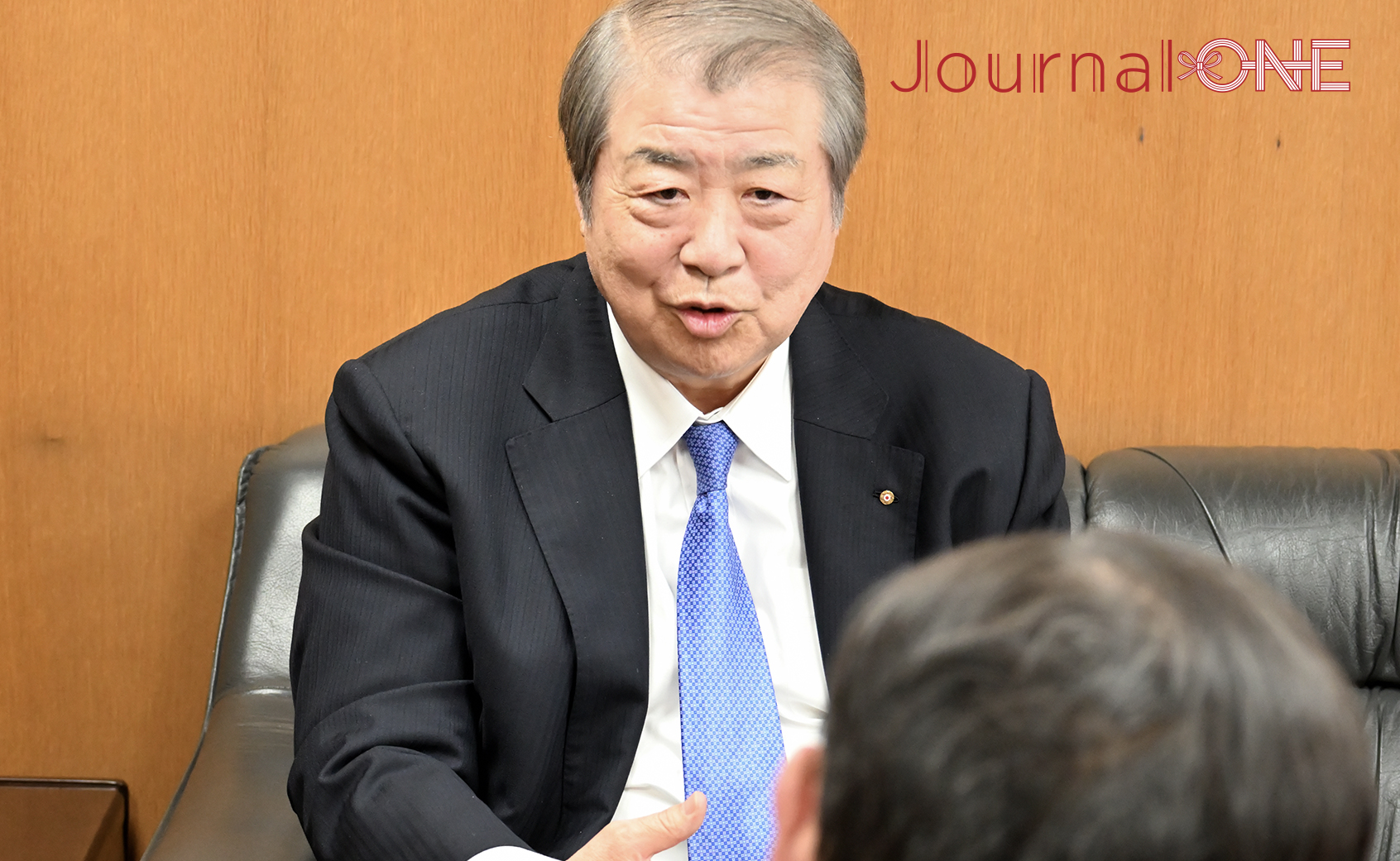
Also, there is a Kodokan in Osaka (Kodokan Osaka International Judo Center). There, we teach Judo to children who cannot travel all the way to Tokyo. In the future, we want to connect with societies and increase the opportunities of interacting with Judo.
-Lastly, please give a message to all the sports fans including Judo fans. –
I always use the words of Kano Shihan “Onore wo tsukushite naru wo matsu”. It means that you must first devote every bit of your own energy to your venture and then await success or accomplishment.
I always tell myself; It is foolish to blame failure on fate when you haven’t yet used up all your strength. Before you hope for good fortune, first exhaust your own strength. Neither should you lament your bad luck in failing and abandon your attempt. Wait for accomplishment without giving up diligence or patience. The successful man carves out his own destiny as the result of efforts beyond the limit of effort.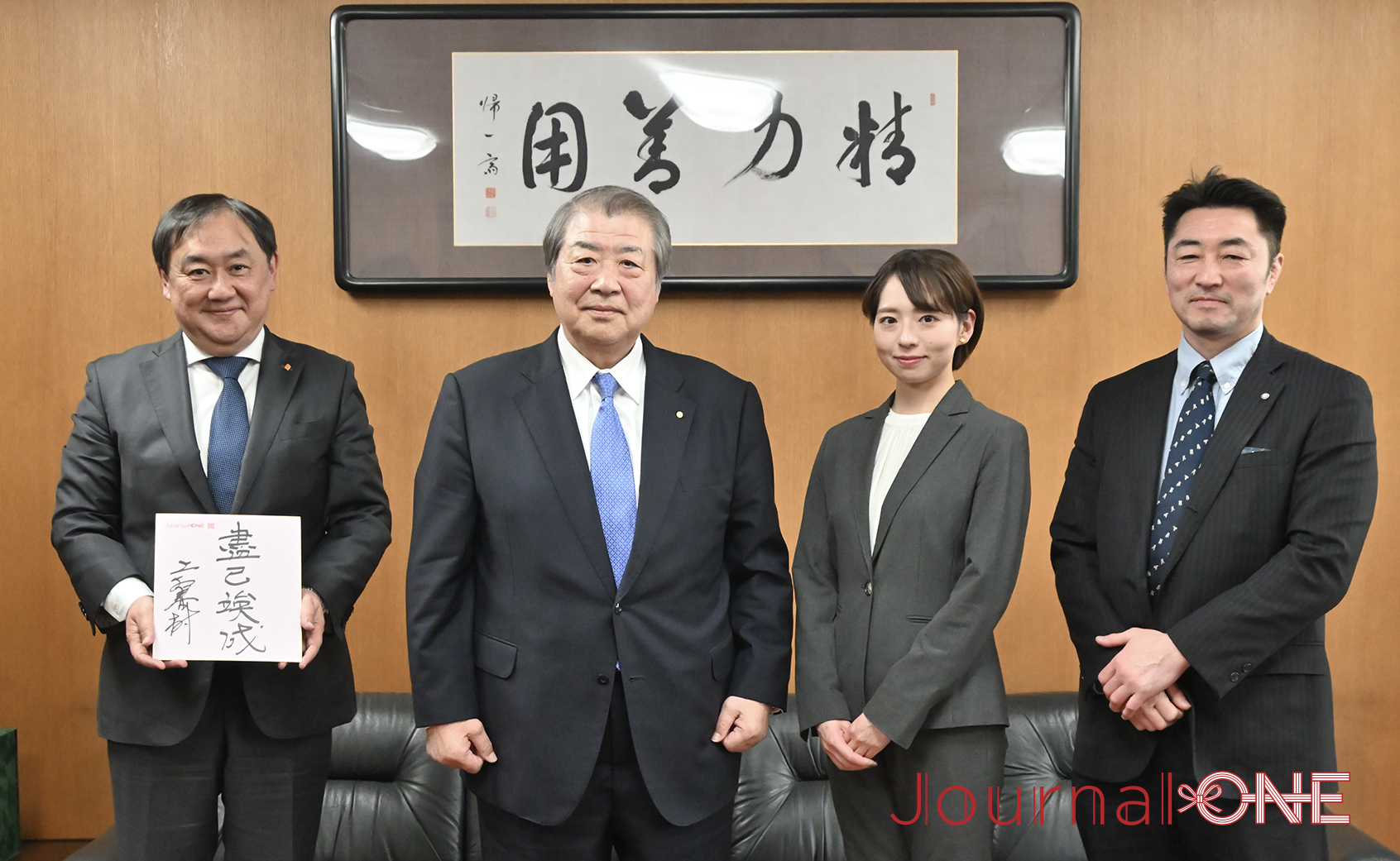
After the interview I took a photo with Mr. Uemura with Kano Jigoro Shihan’s last writing, “Seiryoku-Zenyou”.
Kano Shihan participated in the general meeting of the Members of the IOC and promoted Japan to be the place to hold the Olympics. This writing was written in Vancouver when he visited to meet with IOC members from different countries. He then got on to the ship, Hikawa-maru, and died from pneumonia on May fourth, at the age of 77.
77 years old was an old age at that time, but his writing does not make it seem like he is old, and his writing is strong yet graceful.
Journal-ONE, with the cooperation of Kodokan, will be sharing the beauty of judo that is loved around the world, to prepare for the upcoming Paris 2024 Olympic and Paralympic Games!








